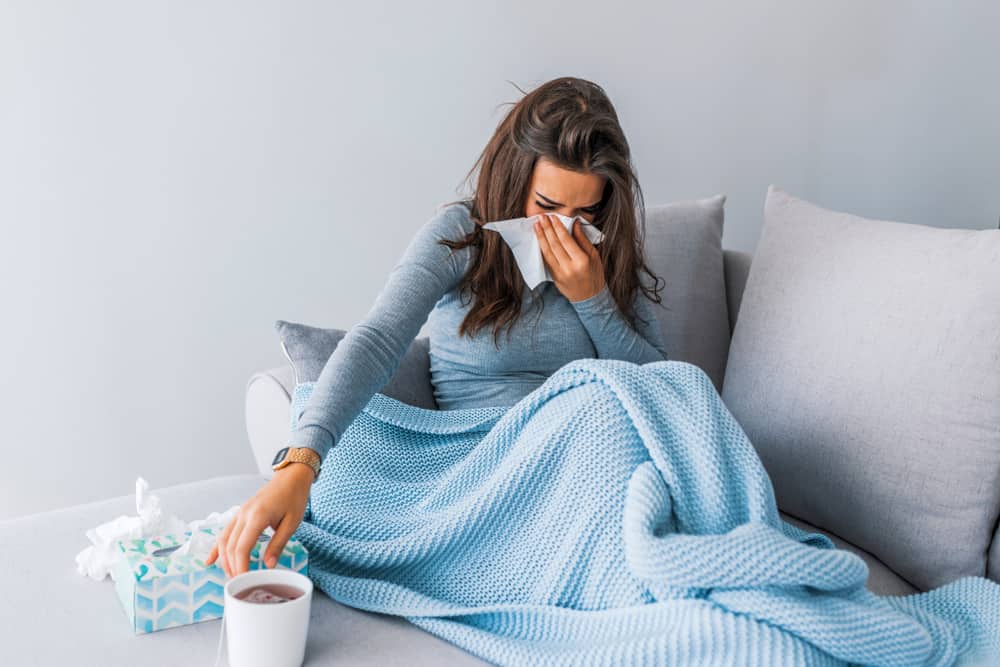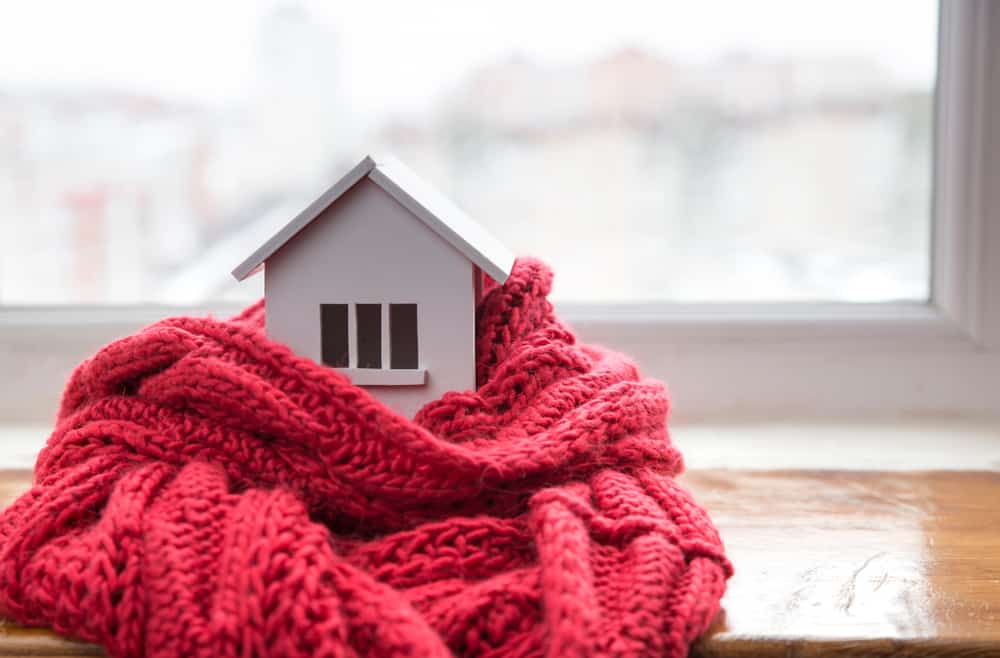Why Winter Makes Indoor Air Quality Worse
Winter is here, and so is cold and flu season, unfortunately. If you’re like me, you tend to stay indoors in the winter, bundled up from the cold and winter weather, but have you ever noticed that often, the more time we spend indoors, the less healthy we are?
If you are finding that your health is worse in the winter, there’s probably a reason – your home! That’s right! The very thing that we expect to protect us from the polluted and contaminated air outside, can actually be the cause of our issues with sickness and other respiratory problems.
First, it’s very important to understand that the air in our homes is NOT clean. Not at all. Indoor air pollution is a big deal!

The EPA has outright stated that the air in your home can be 2 to 5 times more polluted than outdoor levels! In some cases, these levels can exceed 100 times that of outdoor levels of the same pollutants.
So, if the indoor air quality of our home is already bad, why does the winter make it worse? Well, there are actually several reasons, which I will explain below:
Humidity – or the lack thereof
It’s a fact that lower temperatures generally mean a lower humidity. As temperatures drop, humidity levels drop too. This is important because lower humidity in your home can cause issues such as:
- Breathing issues – As the moisture leaves our bodies, we dry up and act like a big sponge for everything around us. This can cause increased risk of catching colds and flus. It can also dry up our noses, which can cause nose bleeds.
- Skin issues – If our skin dries out, it can cause itching, flaking, cracked or chapped lips, even acne and eczema can flare up in dry conditions.
- Home issues – Just as our bodies can dry up from low humidity, so can our homes and the things in them. Hardwood floors can creak and squeak, as well as door jambs can warp and doors can become hard to open.
Home construction
Most modern homes are constructed to be both well insulated (to keep objectionable temperatures out to keep us comfortable) and well sealed (to minimize outside air from getting in, and inside air from getting out)
Unfortunately, what that means is that the indoor air pollution that is in our homes, tends to stay in our homes. These sources of pollution can include:
- Sheetrock dust
- Pet hair/pet dander
- Human hair/skin
- Carpet fibers
- Cigarette smoke
- Dirt
- Chemicals from various cleaning products in the home
Filters can help reduce some of the above items, but won’t eliminate them completely.

The “Stack Effect”
This one goes hand in hand with the home construction above. What the “stack effect” means, very simply, is that because the home and the outdoors have a different pressure, the home actively tries to pull in air from the outdoors like a vacuum.
In the winter, because heat rises and escapes out of the ceiling, the change in temperature causes a change in pressure that causes the home to pull in air from wherever it can – doors, windows and any leaks in the building envelope. For homes that have them, this includes the crawlspace – and if there is one place you or I don’t want to breathing air from, it’s a crawl space!
Crawl space air can contain things like:
- Fiberglass insulation or asbestos fibers
- Harmful microbial/fungal spores
- Insect and rodent droppings
- Radon gas
None of these are things you want to be breathing in, especially in your home. However, due to the stack effect, it’s possible and likely that you are!
Solutions
Now that I’ve covered why the winter makes the indoor air quality worse in your home, I also want to provide some ways you make it better.
- Have regular maintenance done on your heating and cooling system.
- Vacuum and dust regularly. Get those harmful particulates out of the air!
- Don’t smoke in the home.
- Increase the humidity! Adding a humidifier can get the humidity in the home back to where it should be. Not all homes need them, or can have them installed however.
- Change your filter! Most filters should be changed every (30) thirty days!
- If you have pets, bathe them regularly and clean/empty litter boxes often.
- Go easy on the cleaning products. Often, these contain harmful compounds. Consider some natural cleaning products.
- Consider having some IAQ (indoor air quality) products installed in your HVAC system. These can provide both superior air filtration as well as air purifiers to your home.
Expert Consultation – Only A Call Away!
Carolina Comfort, Inc. has been serving the neighborhoods of Columbia, South Carolina for over two decades. This means that when it comes to air conditioning systems, we really know our business.
From assessing your cooling requirements to bringing down costs associated with faulty air conditioning units, Carolina Comfort, Inc. can serve all your AC related needs.
The best part is that we pride on being available 24/7 for our customers.
After all, air conditioning systems can stop working any time, and so our technicians are always available to deal with any AC related emergencies – whether it is a weekend, holiday, or the middle of the night!
If you have any questions, need a consultation, or someone to repair your air conditioning unit – call us now!

5636 Bush River Rd.
Columbia, SC 29212
SC License – #M104545
NC License – #32356
Phone: (803) 794-5526

